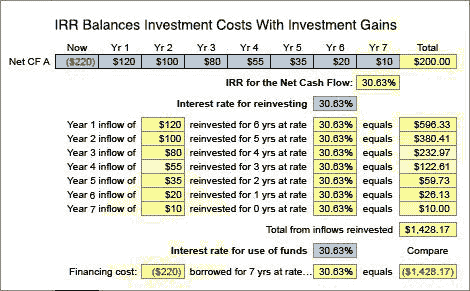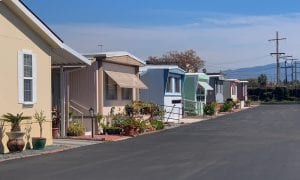And when the OAS rent my time share under a very bold secretary basic, Luis Almagro, tries to bring the institution toward acknowledging that Venezuela is no longer in compliance with the Inter-American Democratic Charter, he is not getting the full support of the hemisphere, and indeed much of the Caribbean Basin has actually not gone along with that. And if you line up the votes, who voted in favor and who stayed away, you can do a quite simple one for one contrast based on who is a member of Petrocaribe. And so the implication of your question I think is spot on, you know, which is why I believe when we speak about the Caribbean in Washington, often we believe about it in the context of, you understand, island countries or programs or social advancement, and all of these are really, really crucial issues.

And the dividends pay off down the roadway when Venezuela itself is in the spotlight of the worldwide community. Then they have friends that they can rely on and it pays dividends for them - What does leverage mean in finance. So I believe that at the end of the day that is a lesson frankly that we can find out, and I think we can construct towards reversing that course. Ms. Yearwood. I concur 100 percent with Eric. Venezuela actioned in at a time that was very essential for much of the area and now the area is quite paying the rate, whether it owes money or other locations associated with votes and other requirements that they do as an outcome of the-- Mr.
Increased expenses in energy too now. Ms. Yearwood. Sorry? Mr. Sires. An increase in the expense of energy likewise. Ms. Yearwood. Oh, definitely, absolutely. Therefore I believe to the point, we are at a crucial juncture now with the expense of energy being what it is with the U.S. energy supply increasing and the area looking at ways to increase sustainable energy, whether it is through natural gas or getting the area less based on Petrocaribe and able to make these switches to brand-new kinds of energy is going to make a big difference. Mr. Sires. See, I don't think things take place by accident.
The other click here issue that I have is the substantial boost of China in this region. You know, we seem to be put to a lull of sleep or something because everybody seems to relocate and then we respond. And we do not seem to catch these things up until something like this happens, you understand, like Venezuela. So regrettably, you know, because I have actually been here we have been pushing-- and I know Mr. Meeks and the other members that are here, you know, this is an important region for us. It is an essential region for America and we truly ought to concentrate.
They are going to go through the Panama Canal and they are available in and they toss cash, you know, at these small nations, which in truth they can't pay for not to accept the money. So just how much of impact is there now of the Chinese? And I know it is growing, but-- Ms. Yearwood. The Chinese influence, it is actually extremely intriguing to view the method China has actually kind of entered the region and the kinds of projects. Sometimes it is a sports stadium - How to become a finance manager at a car dealership. I think the current, the Baha Mar ordeal in the Bahamas, you have seen the Chinese Government can be found in in such a way that the U.S.
If a Chinese developer comes into a nation in the region they have the Chinese financing and the Chinese Federal government behind them. Mr. foreclosure timeshares Sires. And the workers. Ms. Yearwood. And the staff members. Therefore you have actually successfully got a bundle that the U.S - How to finance a second home. can not-- the Foreign Corrupt Practices Act and all sorts of other factors, the U.S. can not compete in regards to the kinds of financial investment that they are able to take in without sort of having to do the due diligence behind it. And it is very welcome in a great deal of places, however what Baha Mar has revealed us is that it can create a very difficult scenario for the countries where they go.

Farnsworth. I think Sally raises an actually interesting and crucial point in this context. What does leverage mean in finance. You understand, the Chinese or Venezuelan design is a state-led model, so the capital of the nation, the leaders in the country can say this is what we are going to do. We are going to create Petrocaribe or we are going to build a sports arena or we are going to declare that we are going to establish these jobs, whereas the U.S. design is personal sector-led model. And the detach here is that we are handling smaller sized economies, island countries, and in contrast of other investment opportunities in other countries in Latin America, much less around the world, these are economies that normally aren't going to draw that large investment except in a couple sectors like tourism like we have actually been talking about. What the onus needs to be is to find methods to clear and establish a seamless economic area between the U.S. and the Caribbean so that personal sector capital can work. There are opportunities. Lastly, I would state that the Caribbean is becoming a a lot more intricate location due to the fact that of the modifications in policy toward Cuba, the cross-cutting trade contracts such as CAFTA, et cetera, and we have to think about the Caribbean now in a larger sense. In regard to Haiti, I believe very crucial is its continued combination with the English-speaking Caribbean, due to the fact that these are well developed democracies and it is a financial area which holds chances for Haiti and there is now quite a great deal of Caribbean investment going into Haiti and vice versa.